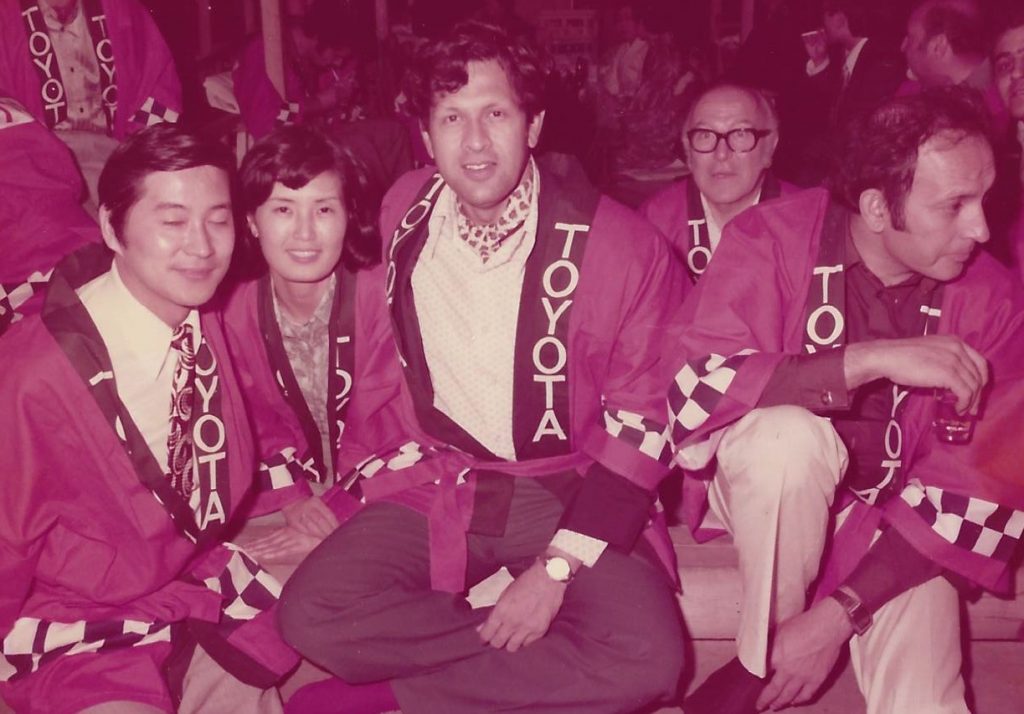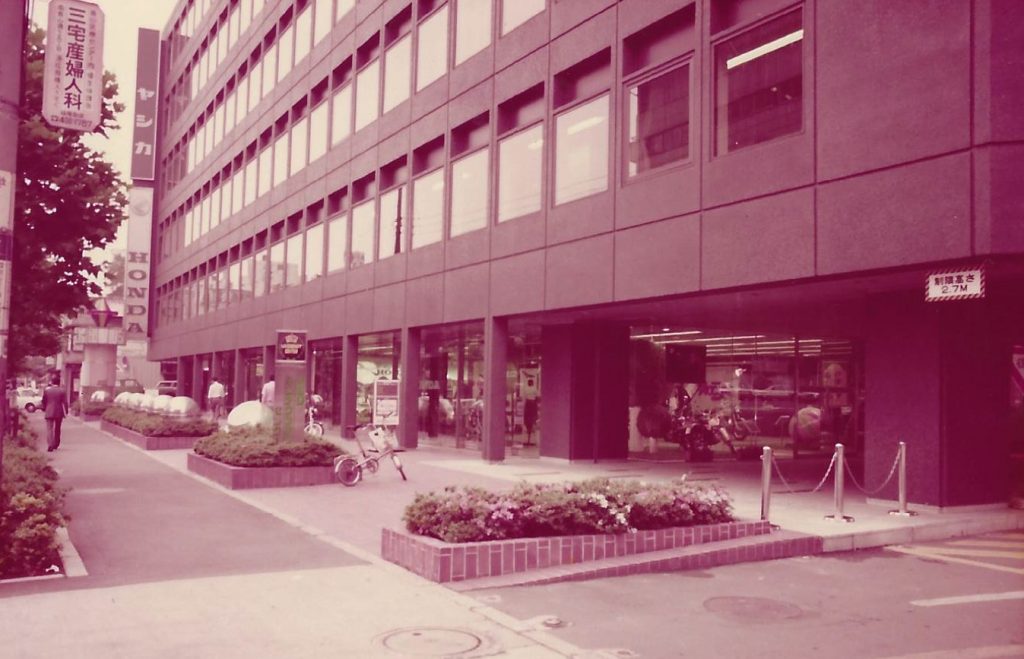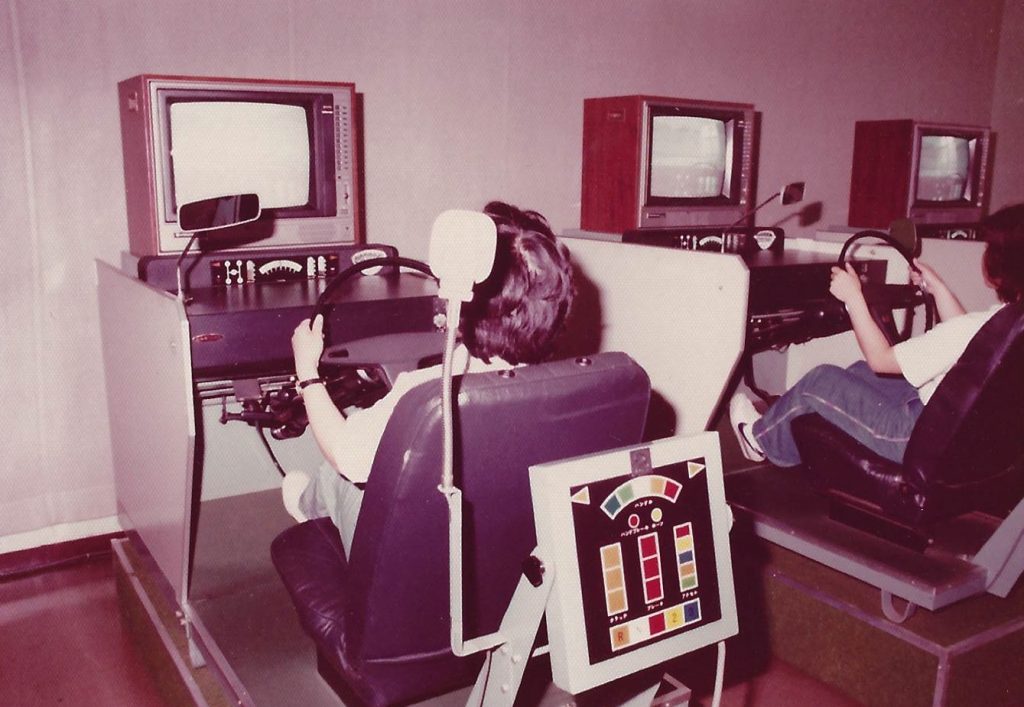





Ehtesham Shahid
When Afzal Hasan joined the UAE-based Al-Futtaim as group manager, automobiles, way back in 1972, the Japanese currency was 410 yen to $1.
During the 40 years that Hasan worked at the company and dealt with Japanese products, mainly cars, the yen’s value kept appreciating.
“It became 360 yen to the dollar, and there was a time it became 86 to the dollar,” he told Arab News.
But despite the rising currency value, the Japanese ensured that their cars remained affordable.
“In 1973, the Japanese market opened in the UAE, and this coincided with the oil boom here in the region,” said Hasan, outlining the reasons behind the popularity of Japanese cars across the Middle East.
The Japanese were also aware of the changing needs of a growing market, and were very receptive to the need for change.
“The introduction of the Honda Civic opened a new market for small families and bachelors,” Hasan said, adding that the Japanese were always conscious of customer needs. “They were the quickest to address complaints.”
But Hasan emphasized that it was not just their cars that were making the cut. “It was a plethora of technology coming in at a very opportune time,” he said.
“It wouldn’t be wrong to say that a large credit for the early phase of the building of infrastructure in the UAE should go to companies from Japan.”
Hasan cited humility, punctuality and discipline as the main trademarks of the Japanese people.
“From the timeliness of the bullet trains to the cleanliness of offices, you see these attributes everywhere. There’s a reason why they’ve come to be associated with reliability,” he said.
The other attributes that make them so special in business are “sympathy, support and mutual respect,” and they are “the most customer-friendly people,” he added.
“They ensure that the business you want to get into is less problematic and less stressful. They make sure that, as a client, you don’t feel a financial burden,” he said.
“Who else in the world has given the general public cheap TVs, transistors and washing machines? The US hasn’t. China has come now in the market.”
Even during the early days of making inroads in the UAE, it was not just about cars — the Japanese were supplying tyres, batteries, marine engines and home appliances.
Hasan said it is not unusual for a boss in Japan to sit alongside employees. “Their policy in general is, ‘why should we sit in cabins when we have nothing to hide?’” he added.
Hasan also admires the exceptional Japanese use of space. “Their hotels could be cubicles yet very comfortable. They have the smallest apartments in the world, yet they don’t look crowded or claustrophobic,” he said.
Hasan’s best memory while in Japan was when he walked into a workshop as a guest and a giant placard flashed his name welcoming him. “It made me feel that they’re with me, and I too felt a part of them,” he said.
Hasan remained managing director of the Al-Futtaim motors division for 12 years, and served in various other positions, before retiring as head of corporate PR.